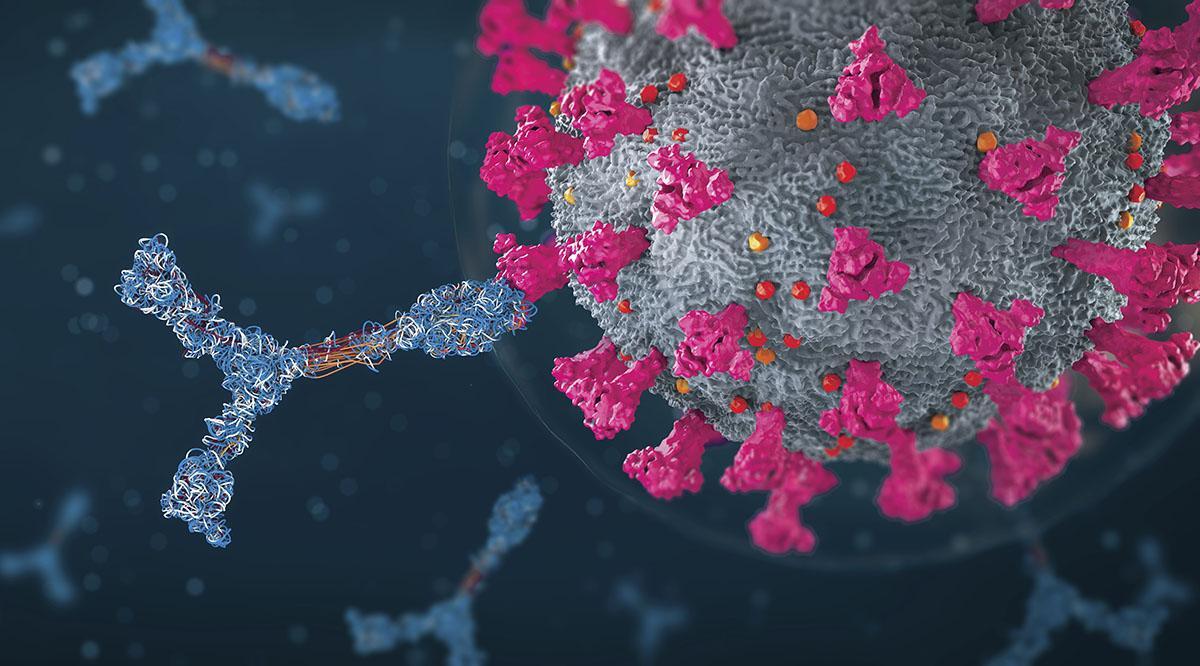
mRNA technology has been making waves recently, especially with its role in developing COVID-19 vaccines. But what exactly is it? mRNA, or messenger RNA, is a type of genetic material that tells cells how to make proteins. Unlike traditional vaccines, which often use weakened viruses, mRNA vaccines use a small piece of the virus's genetic code to stimulate an immune response. This method is not only faster but also more adaptable to different viruses. Scientists are now exploring its potential for treating other diseases like cancer and genetic disorders. Curious about how this groundbreaking technology works? Let's dive into 28 fascinating facts about mRNA technology!
Key Takeaways:
- mRNA technology, used in COVID-19 vaccines, instructs cells to produce proteins for immune response. It's versatile, scalable, and holds promise for cancer treatment and personalized medicine.
- Despite challenges, mRNA technology has saved lives, spurred economic growth, and fostered global collaboration. It's a game-changer in fighting diseases and advancing medical science.
What is mRNA Technology?
mRNA technology has been a hot topic, especially with the development of COVID-19 vaccines. But what exactly is it? Let's dive into some fascinating facts about mRNA technology.
-
mRNA stands for messenger RNA. It carries genetic instructions from DNA to the cell's protein-making machinery.
-
mRNA technology is not new. Research on mRNA has been ongoing for decades, dating back to the 1960s.
-
mRNA vaccines work by instructing cells to produce a protein. This protein triggers an immune response without using a live virus.
-
mRNA is a single-stranded molecule. Unlike DNA, which is double-stranded, mRNA is simpler and more flexible.
-
mRNA vaccines can be developed quickly. Because they use synthetic processes, they can be produced faster than traditional vaccines.
How mRNA Vaccines Work
Understanding how mRNA vaccines function can shed light on their effectiveness and safety.
-
mRNA vaccines do not alter DNA. They work in the cytoplasm and never enter the cell nucleus where DNA resides.
-
The mRNA in vaccines degrades quickly. After delivering its instructions, the mRNA is broken down by the body within a few days.
-
mRNA vaccines use lipid nanoparticles. These tiny fat particles protect the mRNA and help it enter cells.
-
The immune response is robust. mRNA vaccines can produce a strong and lasting immune response.
-
No live virus is used. This reduces the risk of causing disease in the vaccinated individual.
Benefits of mRNA Technology
The advantages of mRNA technology extend beyond just vaccines.
-
mRNA technology is versatile. It can be adapted to target various diseases, including cancer and genetic disorders.
-
Production is scalable. Large quantities of mRNA vaccines can be produced relatively quickly.
-
mRNA vaccines are stable at low temperatures. This makes storage and transportation easier, although ultra-cold conditions are often required.
-
Reduced risk of contamination. Synthetic production minimizes the risk of contamination compared to traditional methods.
-
Potential for rapid updates. mRNA vaccines can be quickly modified to address new virus variants.
Challenges and Limitations
Despite its promise, mRNA technology faces several hurdles.
-
Storage requirements can be demanding. Some mRNA vaccines need to be stored at extremely low temperatures.
-
Distribution can be complex. Ensuring vaccines reach remote areas remains a logistical challenge.
-
Public skepticism exists. Misinformation and lack of understanding can hinder acceptance.
-
Short-term side effects are common. These can include fever, fatigue, and soreness at the injection site.
-
Long-term effects are still being studied. Ongoing research is needed to fully understand the long-term safety of mRNA vaccines.
Future of mRNA Technology
The future looks bright for mRNA technology, with many potential applications on the horizon.
-
Cancer treatment is a key focus. Researchers are exploring mRNA-based therapies to target and destroy cancer cells.
-
Personalized medicine is possible. mRNA technology could lead to treatments tailored to individual genetic profiles.
-
Infectious diseases beyond COVID-19. mRNA vaccines are being developed for other infectious diseases like influenza and Zika.
-
Gene editing advancements. mRNA can be used in conjunction with CRISPR technology for precise gene editing.
-
Potential for autoimmune diseases. mRNA therapies might help modulate the immune system in autoimmune conditions.
Real-World Impact
mRNA technology has already made significant impacts in the real world.
-
COVID-19 vaccines saved millions of lives. The rapid development and deployment of mRNA vaccines have been crucial in controlling the pandemic.
-
Economic benefits are substantial. The success of mRNA vaccines has spurred investment and innovation in biotech industries.
-
Global collaboration has increased. The development of mRNA vaccines has fostered unprecedented international cooperation among scientists and governments.
The Future of mRNA Technology
mRNA technology has revolutionized medicine, offering new ways to treat diseases and develop vaccines. Its rapid development during the COVID-19 pandemic showcased its potential, saving countless lives. Beyond vaccines, mRNA holds promise for cancer treatment, genetic disorders, and personalized medicine. Researchers are exploring its use in creating therapies tailored to individual patients, potentially transforming healthcare.
Despite its promise, challenges remain. Stability, delivery methods, and manufacturing scalability need addressing. However, ongoing research and investment are paving the way for solutions. As scientists continue to unlock mRNA's potential, the future looks bright for this groundbreaking technology.
Stay informed about mRNA advancements. They could impact your health and the world around you. The journey of mRNA technology is just beginning, and its possibilities are endless. Keep an eye on this exciting field; it's shaping the future of medicine.
Frequently Asked Questions
Was this page helpful?
Our commitment to delivering trustworthy and engaging content is at the heart of what we do. Each fact on our site is contributed by real users like you, bringing a wealth of diverse insights and information. To ensure the highest standards of accuracy and reliability, our dedicated editors meticulously review each submission. This process guarantees that the facts we share are not only fascinating but also credible. Trust in our commitment to quality and authenticity as you explore and learn with us.
